Oranges Are Not The Only Fruit: Jeanette Winterson
£8.60£9.50 (-9%)
‘Like most people I lived for a long time with my mother and father. My father liked to watch the wrestling, my mother liked to wrestle; it didn’t matter what’
This is the story of Jeanette, adopted and brought up by her mother as one of God’s elect. Zealous and passionate, she seems destined for life as a missionary, but then she falls for one of her converts.
At sixteen, Jeanette decides to leave the church, her home and her family, for the young woman she loves. Innovative, punchy and tender, Oranges Are Not the Only Fruit is a few days ride into the bizarre outposts of religious excess and human obsession.
‘Witty… extraordinary and exhilarating’ The Times
‘She is a master of her material, a writer in whom great talent abides’ Vanity Fair
‘Many consider her to be the best living writer in this language… In her hands, words are fluid, radiant, humming’ Evening Standard
‘A novel that deserves revisiting’ Observer
‘A wonderful rites-of-passage novel’ Mariella Frostrup
Read more
Additional information
| Publisher | Vintage, 1st edition (4 Sept. 2014) |
|---|---|
| Language | English |
| Paperback | 240 pages |
| ISBN-10 | 9780099598183 |
| ISBN-13 | 978-0099598183 |
| Dimensions | 12.95 x 1.57 x 19.69 cm |

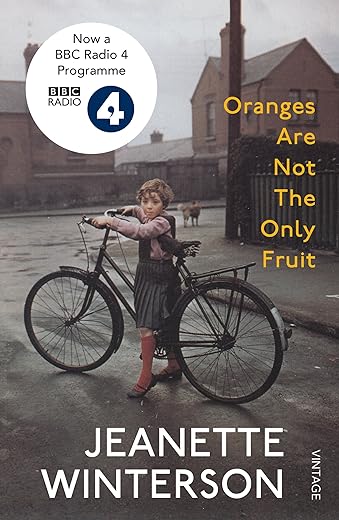
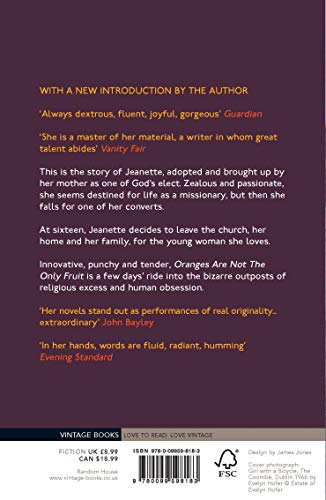

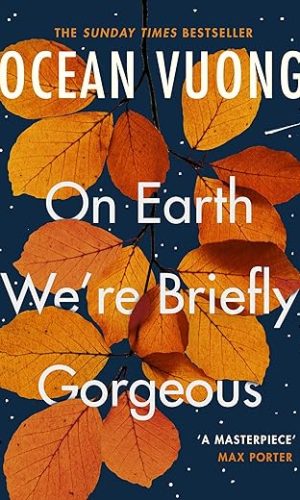
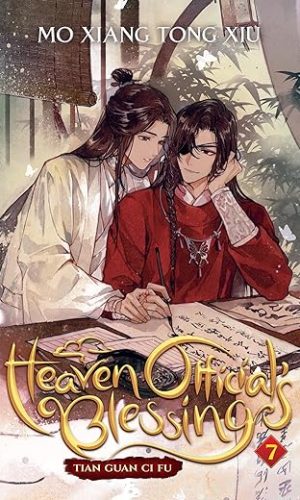
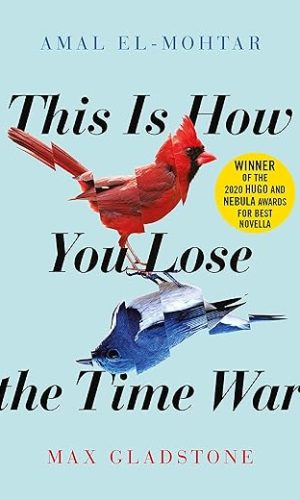
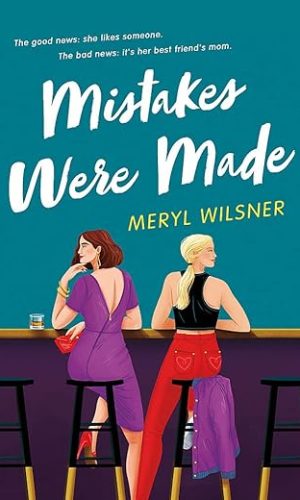
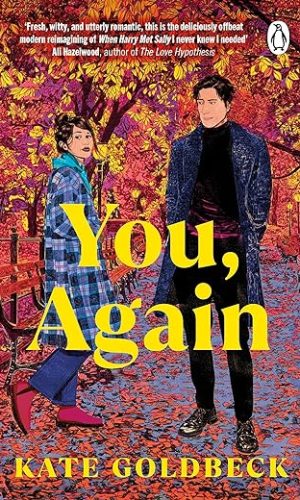
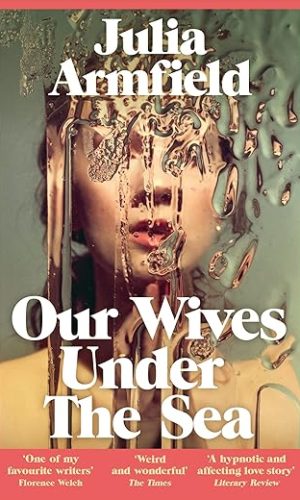
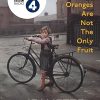
by Cendy
This book was pleasantly funny.
by Lady Fancifull
I came to Jeanette Winterson quite late, and have no idea what took me so long. Oranges are Not the Only Fruit, her first book, is the fourth Winterson I’ve read in as many months.
It’s probably because, knowing the one-word ‘what is this book about?’ preconception subject matter of ‘Oranges’ I mistakenly assumed it was a book devoted to lesbian erotica. Or, perhaps as Winterson amusingly suggests in her prologue to my 2009 digitised edition or perhaps truthfully suggests – she is, after all clear to remind us she is a writer of fiction, of novels:
When Oranges Are Not the Only Fruit was first published in 1985 it was often stocked in the cookbooks section with the marmalade manuals.” (from the Introduction)
As is known Jeanette Winterson had a harsh beginning. Adopted by an extraordinarily eccentric couple (particularly the dominating Mrs Winterson), fervent Pentacostalists, Mrs W’s life-plan for the adopted baby was to raise her to be a missionary. The extraordinary creative, imaginative, hugely intelligent child Jeanette turned out to be was never quite going to fit into classic missionary mode. Though close acquaintance with the Bible and the English Hymnals did bring her into early contact with a rich, lustrous, poetic language.
“Best of all, she had a collage of Noah’s Ark. It showed the two parent Noah’s leaning out looking at the flood while the other Noah’s tried to catch one of the rabbits. But for me, the delight was a detachable chimpanzee, made out of a Brillo pad,; at the end of my visit she let me play with it for five minutes. I had all kinds of variations, but usually I drowned it”
Sex was not really part of Mrs Winterson’s mission statement for the little girl, but when Jeanette showed herself to have, along with all her other qualities, a passionate nature that was challenge enough for Mrs W – who abjured sex. The fact that Jeanette’s passions were directed towards other women proved to be several steps too far.
“Deuteronomy had its drawbacks; it’s full of Abominations and Unmentionables. Whenever we read about a bastard, or someone with crushed testicles, my mother turned over the page and said ‘Leave that to the Lord,’ but when she’d gone I’d sneak a look. I was glad I didn’t have testicles. They sounded like intestines only on the outside, and the men in the Bible were always having them cut off and not be able to go to church. Horrid”
The facts of Jeanette’s life – of course subjectively experienced as well as observed by her writerly sense – are expressed in another book (wonderful) “Why Be Happy When You Could Be Normal”, Winterson’s autobiography.
THIS book, by contrast, though it uses ‘what she knows’ – herself, and her own life in this case, as springboard, is NOT autobiography, it is a novel, genre literary fiction, even though the central character is called ‘Jeanette’ and her mother is Mrs Winterson.
Winterson rather tartly (and quite probably correctly) wonders if, had she been a young man using his dysfunctional background as springboard, the critics would have been quicker to realise the work fiction, literary fiction, and indeed fiction where the novel’s form is being explored. It shouldn’t have been too much of a stretch to ascertain this as woven into the twentieth century Lancashire working class Pentecostal narrative, are various myths and legends, Arthurian, Grail, and the chapter titles are Old Testament biblical, and allude to the overall feel and flavour of particular books of the bible
“The priest has a book with the words set out. Old words, known words, words of power. Words that are always on the surface. Words for every occasion. The words work. They do what they’re supposed to do; comfort and discipline. The prophet has no book. The prophet is a voice that cries in the wilderness, full of sounds that do not always set into meaning. The prophets cry out because they are troubled by demons.”
The book is a journey towards individuation and authenticity : the Heroic Quest, that deep myth which underpins much literature. And literature itself provides many of the magical tools which help the hero – another version of Excalibur, in fact
Jeanette Winterson is a wonderful writer – inventive, rich in imagery, playful, dark, heart-breaking, shocking and more than a touch shamanic. And how she demonstrates this in her introduction:
“Reading is an adventure. Adventures are about the unknown. When I started to read seriously I was excited and comforted all at the same time. Literature is a mix of unfamiliarity and recognition……as we travel deeper into the strange world of the story, the feeling we get is of being understood…..it is the story (or the poem) that is understanding us
Books read us back to ourselves”
Yes. That was a hairs up on the back of the neck moment, for this reader.
Oranges works absolutely brilliantly as a fine, quirky, comedic page turning roman a clef, a girl’s journey to young woman. And is also something of depth and richness as well as brilliant sparkle
by Sara Paine
This is my first Jeanette Winterson book and I missed the BBC series, so I wasn’t quite sure what to expect. The most surprising thing to me was that, although the subject matter is quite bleak, this book is actually very funny and sprinkled with comic touches throughout.
The story is about an adolescent girl (given the same name as the author, Jeanette, in the book) growing up in the early 1960s in the working class, Northern mill town of Accrington and her eventual escape at the age of 16 from her Bible-obsessed mother and the Christian sect, the Elim Pentecostalists, to which she belongs. But the extraordinary way in which her domineering mother behaves and the other eccentric characters that people the book tip it over into humour.
For example, when her class is told to design a sampler to sew, all the other girls choose traditional flower motifs or ‘to mother with love’ type messages, but Jeanette chooses a sentence from the doom-laden Book of Jeremiah in the Bible ‘the summer is ended and we are not yet saved.’ The school actually writes to Mrs Winterson because they think Jeanette is too obsessed with religion. (Her mother is of course delighted). When Jeanette brings home a friend, her mother decides she likes pineapples and serves them obsessively with everything from then on because, as Mrs Winterson philosophically observes, ‘oranges are not the only fruit’ (one of several explanations for the title). Bible stories are lovingly recreated out of ‘fuzzy felt’. When Jeanette loses her hearing, her mother says it’s because she’s in a ‘state of rapture’ and doesn’t take her to the doctor.
The only thing I didn’t like was the extracts of a fairy tale that appear at places interwoven into the main storyline towards the end and which I think are meant to represent Jeanette’s fertile imagination. I didn’t find them very interesting and I thought they distracted a bit from the main story.
How far the events in this book are real or how much is made up, it’s hard to know. The author has said that she has edited her past to some extent and it’s better to read yourself as fiction than as fact. She has also said that her novel is not an autobiography. This difference may or may not matter to the reader. Mrs Winterson was never reconciled to her successful daughter and died five years after the book came out.
by Nina
Such a well written novel that has such a beautiful meaning! ????